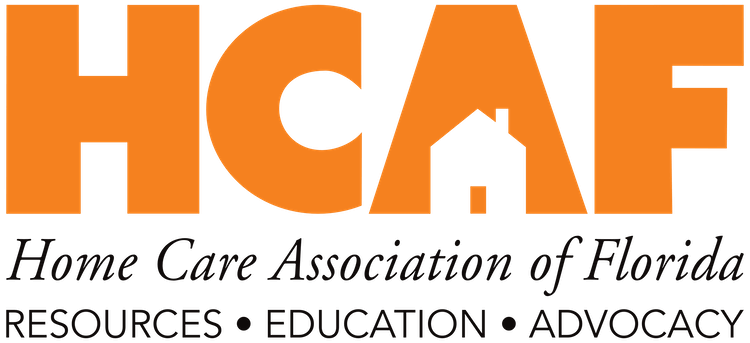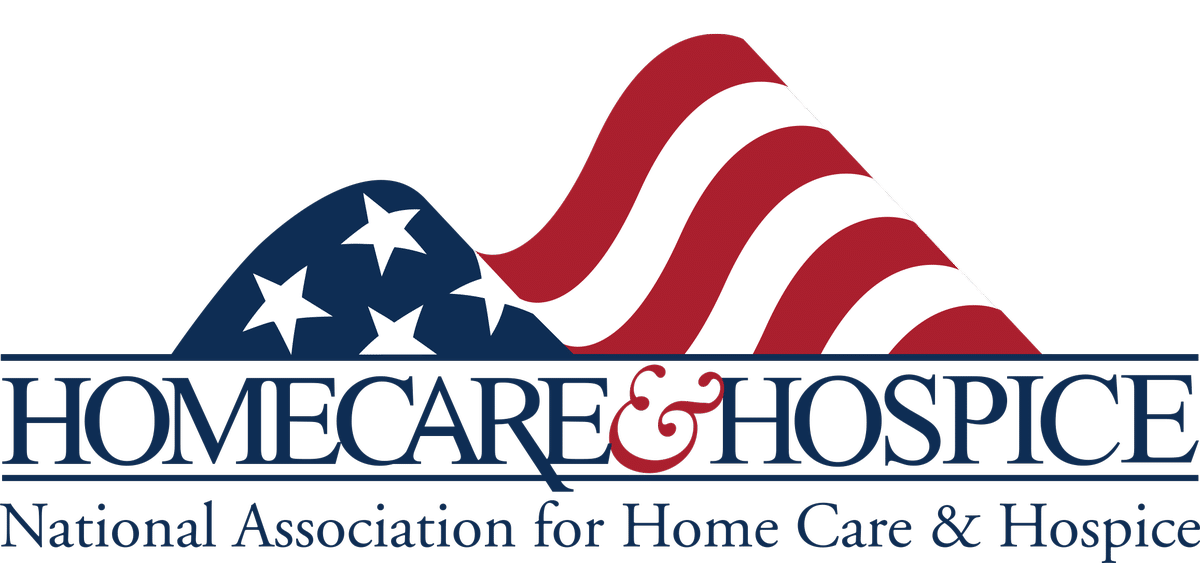NAHC Raises Concerns to Congress About the Domestic Workers Bill of Rights

NAHC Raises Concerns to Congress About the Domestic Workers Bill of Rights
Courtesy of the National Association for Home Care & Hospice (NAHC)
The National Association for Home Care & Hospice (NAHC) has written to key members of Congress to express concerns about some portions of the Domestic Workers Bill of Rights Act (H.R.4826), which would make a series of changes to the employment arrangements of domestic workers nationwide, as well as provide added supports to the Medicaid home- and community-based services (HCBS) program. NAHC believes the legislation is well-intentioned but is likely to negatively impact the delivery of quality care in the home.
Care delivery in the home can at times be challenging to schedule and subject to the unpredictable occurrences of everyday life. Friends or family unexpectedly come for a visit, an appointment opportunity suddenly becomes available, and an overlooked meeting is remembered last minute. The changes can be triggered by the patient and the patient’s family, not just the employer. These instances and others can lead to last-minute schedule changes that a home care entity would be financially responsible to the worker for, yet without payment from the patient.
For years home care has faced labor shortages. These shortages have been exacerbated by the COVID-19 pandemic and compounded by exceedingly high inflation, stiff competition for workers, and high gas prices — a unique challenge faced in home care given the need to commute between clients. Changes, as proposed in this bill, may further contribute to these shortages as costs of care will increase likely without increased reimbursement from payers such as the VA and Medicaid. Likewise, these added costs cannot easily be passed on to the patient who is often reliant on a fixed income. These burdens will occur at a time when more workers will be needed to meet the demands of the baby boomer population moving towards old age.
Certain provisions in H.R.4826 particular, such as the 30-day housing coverage and two-week severance pay requirements in the event of termination of live-in domestic workers, would come at a cost for home care providers that would likely result in loss of access to care or increased financial burden on their patients. Home care agencies already operate on narrow margins with a strong understanding of the balance between what a patient can afford and the wages that can be offered to caregivers.
In instances of government-funded programs, such as VA and Medicaid, home care companies are not able to simply charge more for services to offset new administrative costs. In these cases, care access will be at risk as providers will likely be compensated less than the cost to provide care. In other words, these companies would need to find a subsidizing source of funds in order to provide care with the only potential source being higher charges to private pay patients. That would make home care an option only for the wealthy private pay patient.
Home care companies take on great expense for the recruitment, onboarding, and training of workers to provide high-quality care to their patients. They will at times include provisions in their contractual agreements with their patients to prevent their direct hiring of the caregiver. In the absence of these agreements, home care agencies can essentially be turned into recruitment and training companies for a consumer. Further, this can lead to a gray market of care in the home lacking any licensure, oversight, or quality of care standards to avoid the requirement in the bill
As described above, NAHC sees several challenges that must be met for home care patients to not be adversely affected. However, NAHC supports the inclusion of a 4% increase in the Federal Medical Assistance Percentage (FMAP). NAHC has long advocated for more robust reimbursements for Medicaid services that are continually underfunded nationwide. NAHC and the industry at large have supported the Better Care Better Jobs Act that would provide an estimated $400 billion infusion into the Medicaid HCBS, and provisions in the Build Back Better package are similar. These funds would be helpful in increasing wages for home care workers and ultimately helping to ensure Americans can access care in their homes.
Home care workers enable their patients to maintain independence in their homes, dignity in being active members of their community, and the autonomy of living their lives as they choose. The nature of work in home care is both labor and emotionally-intensive as they see their patients at their most vulnerable, building deep bonds that are commonly described as family-like. Workers tend to be women of color and immigrants, themselves vulnerable members of our society. Further supports are essential for their financial stability, though careful consideration and analytical approaches to policy are vital to meeting these without hampering patient access or undue financial burden.

